Richie Campbell FAULT Magazine Photoshoot and Interview
Richie Campbell x FAULT Magazine
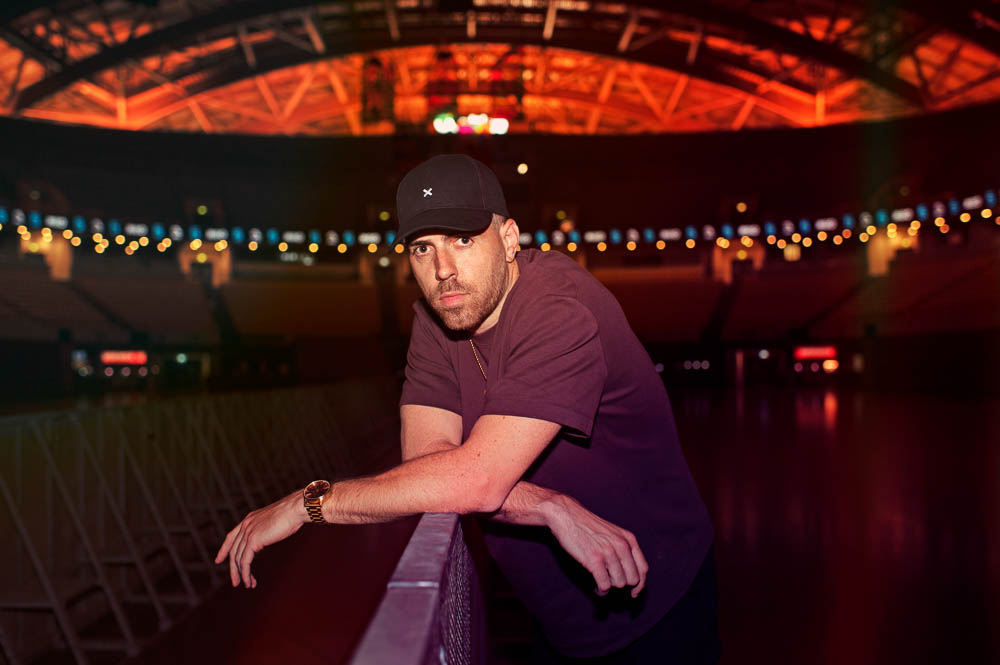
In the ever-evolving landscape of music, few artists possess the ability to transcend boundaries and captivate audiences around the world. One such artist is Richie Campbell, a Portuguese singer-songwriter who has recently achieved a remarkable milestone by selling out the Altice Arena, Portugal’s largest venue. In an exclusive interview with Richie Campbell, we had the opportunity to delve into the Richie Campbell journey, his involvement in crafting immersive visuals for his shows, the motivation behind founding his own label, and his creative process. Richie Campbell this is all your FAULT.
You recently sold out the Altice Arena – the largest arena in Portugal – how was that?
That was a dream come true. We did that same venue five years ago, but it wasn’t full. But this year it was perfect, we sold it out, so that was definitely a big achievement.
The visuals were great and obviously you had the stained glass instalment – how involved are you with the visuals that accompany your music and your shows?
This time around I was very involved. The stainless glass logo, that was part of the intro video for the album, and we made that stainless glass for that video. We had it in the venue so that I could shine a line through it so that the design would appear over the choir as we performed. I really wanted everything for this show to be on point.
You brought out quite a few guests too – can you tell us a bit about that? Are they artists signed to your label Bridgetown?
Some were artists signed to Bridgetown, others were artists I get along with and that move in the same circles. The reason it was such an important night for me and for them also is because usually artists like myself don’t get to fill venues like that. It’s usually reserved for a specific type of artist; those who make a specific type of music, traditional Portuguese music. The fact I sold it out shows all those artists we can do it too, so it was very special to have them on stage. I have songs with most of them. It felt like their first presentation of what they can have in years to come.
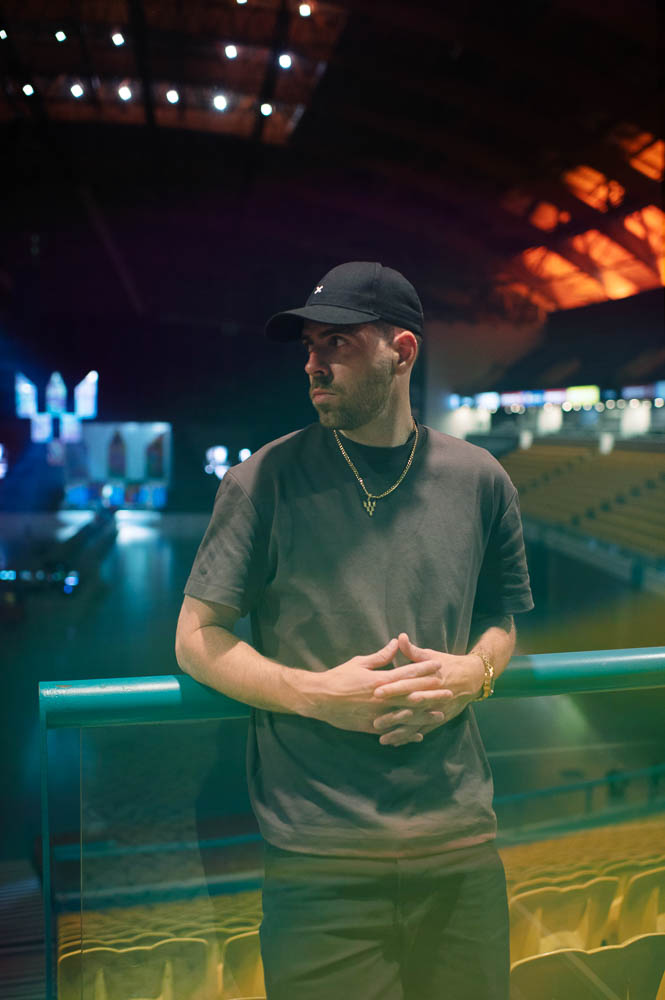
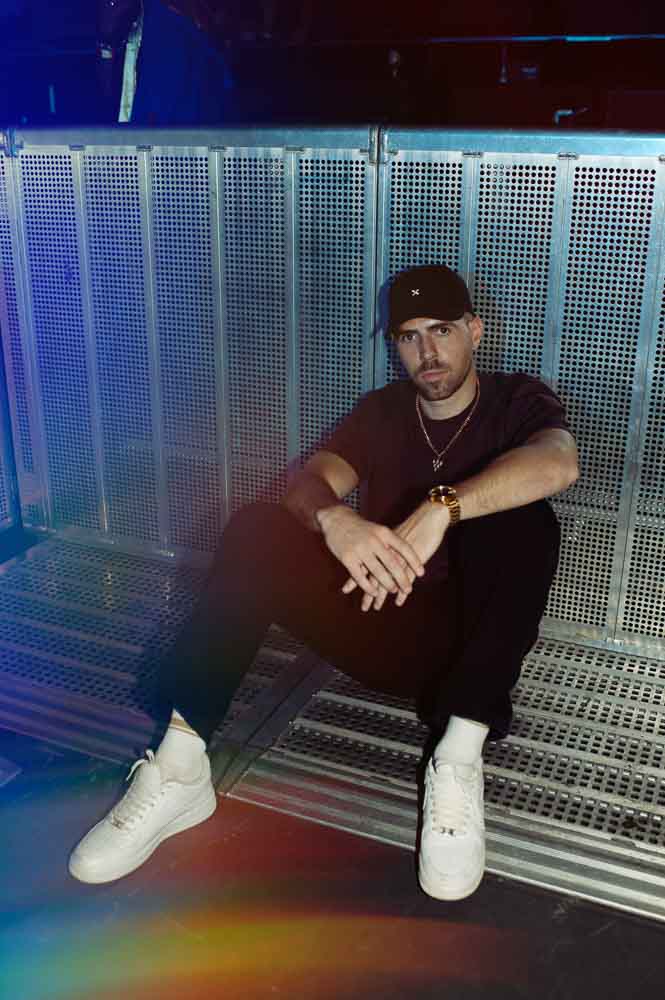
What motivated you to start your own label/agency?
I feel like Portugal is a very backwards country in terms of culture. It’s only been recently that other genres have permeated into radios and label and everything. When I first started out, it was hard to find someone to help guide me through the obstacles of the industry, so when I made it, me and my best friend created that. We always managed my career outside the system; we only signed with a label after we sold out our first big venue. We did it all on our terms, and we learned the blueprint to work other types of artists. That’s where the idea came from. Knowing how to navigate the Portuguese market is very important for you to make the decisions to have a long lasting career.
How would you say the new record varies from your past efforts?
I did a big shift in the type of music I was making in my previous album. I feel like this album is a more perfected Richie than on the previous album. There’s similarities, definitely, but I’m always trying to fuse my music with stuff that’s current. Lisboa is much more RnB and Dancehall, and this one includes Afrobeats too. I think it’s getting better.
You talk about being perfect – do you know when a song is finished? Do you know when to quit?
Yes, but at the same time I obsess over the first ideas. I’ll record 100 different songs and like maybe 3 of them. Usually I get a beat and freestyle over it. If I don’t like it, I move onto the next song. If I write a full song, it’s because I like the idea enough and I feel like it’s finished. I think I have more half-finished than finished songs.
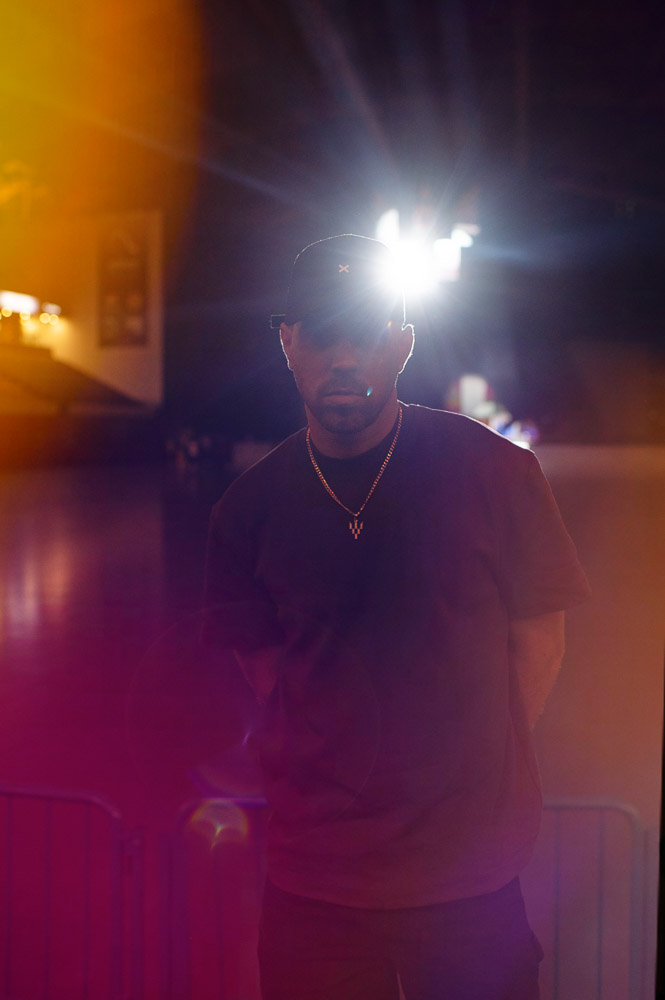
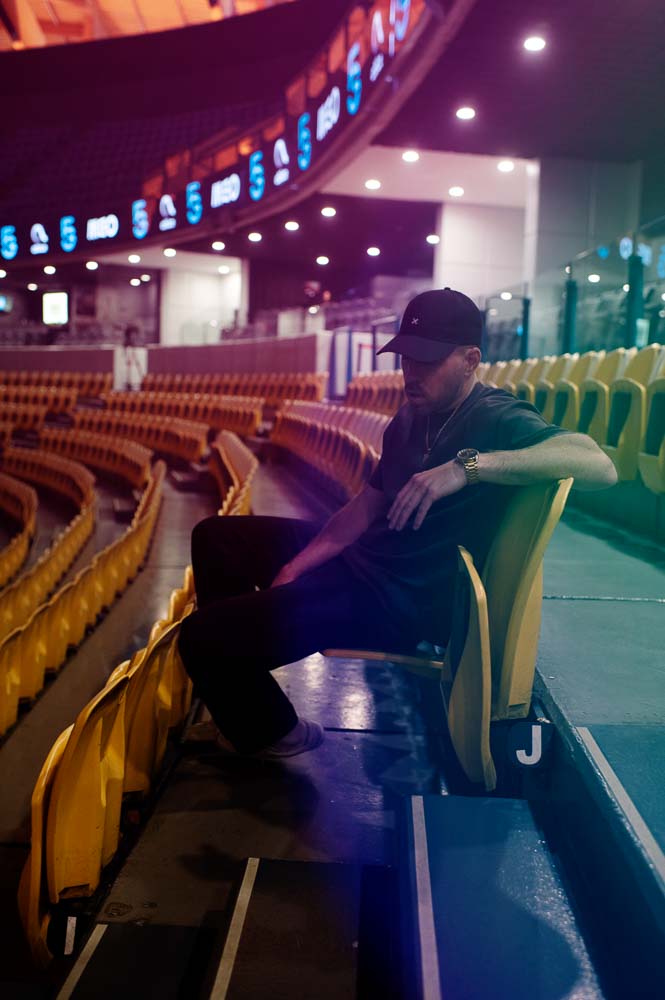
Did you have any overarching idea when conceptualising the album or did you just focus on individual tracks and see how it came together?
I never have an overarching concept in terms of the story of the album. To me it’s more about… I love doing different types of music, so I want to make sure I give my audience equal parts of every genre that I like to do. I know some of them prefer the slow songs, or the high-tempo… people like more modern RnB, or roots. So that’s my main concern when making an album.
I try to have one [song] for [my fans], and one for me. So my album is mainly songs that I like and that I want to put out. But in terms of singles, I know I need at least 3 songs that I know a lot of people are going to like. It’s definitely a negotiation. If you want to live off music, it’s a constant negotiation.
Are you often surprised by which tracks take off?
No. There’s always that wishful thinking part of me that wishes a certain song could have been bigger. There’s always one that eventually gets bigger as people listen to the whole album. I always get my team together before a project drops and I ask them what their favourite songs are. Usually, I get a good representation of what’s going to happen when it releases.
Do you find social media changes any of that? Given that there are songs blowing up on TikTok from years past.
I feel like that’s the good part of TikTok. I’m a big Miguel fan but I didn’t know the song that blew up, and I was like, I’m glad someone found this song. I think Chris Brown had an old album track too that blew up, and he just recently filmed a music video for it. I had a similar thing happen, except for me it was one of my big singles, ‘Do You No Wrong.’ It just exploded on TikTok, and that gave it a big boost. I feel like a whole bunch of kids only discovered that song last year when that happened. My daily streams of that song tripled.
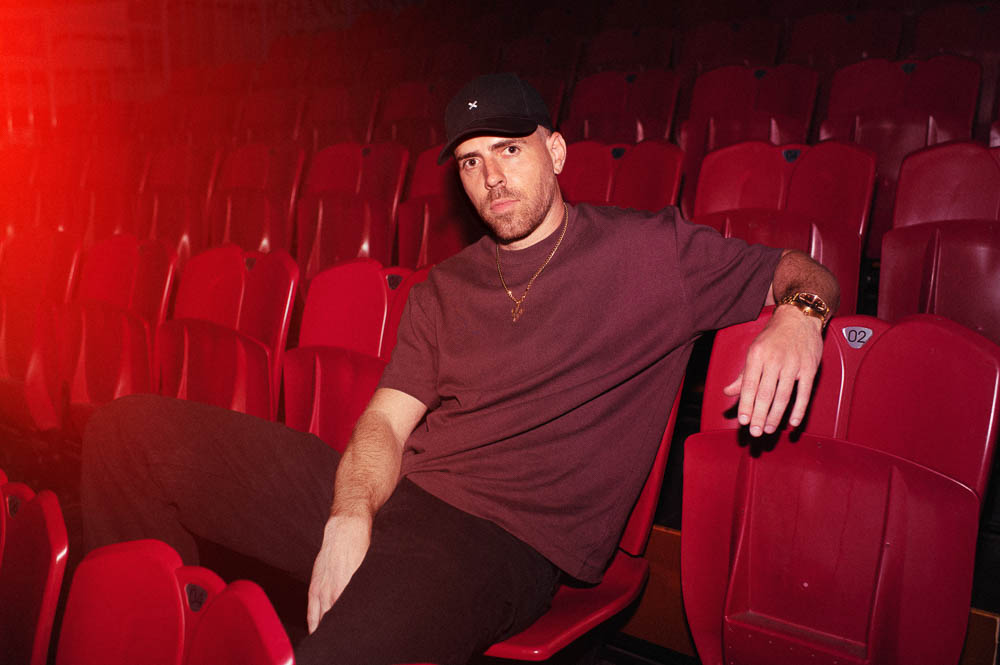
And had you done anything to encourage that song to blow up?
Nope! I just have a line in that song that says, ‘You and I cannot be friends,’ so the trend was basically people saying ‘if you like [whatever], you and I cannot be friends.’
Talk to me about your usual creative process.
I think it’s important to not stick to the same process. It’s easy to stick to what worked last time, but you never get the same results. Usually I listen to beats and freestyle some shit over it, then I start picking about the melodies and flows that work. The other day I did a freestyle of melodies over nothing, so now I need someone to make me a beat that works with it.
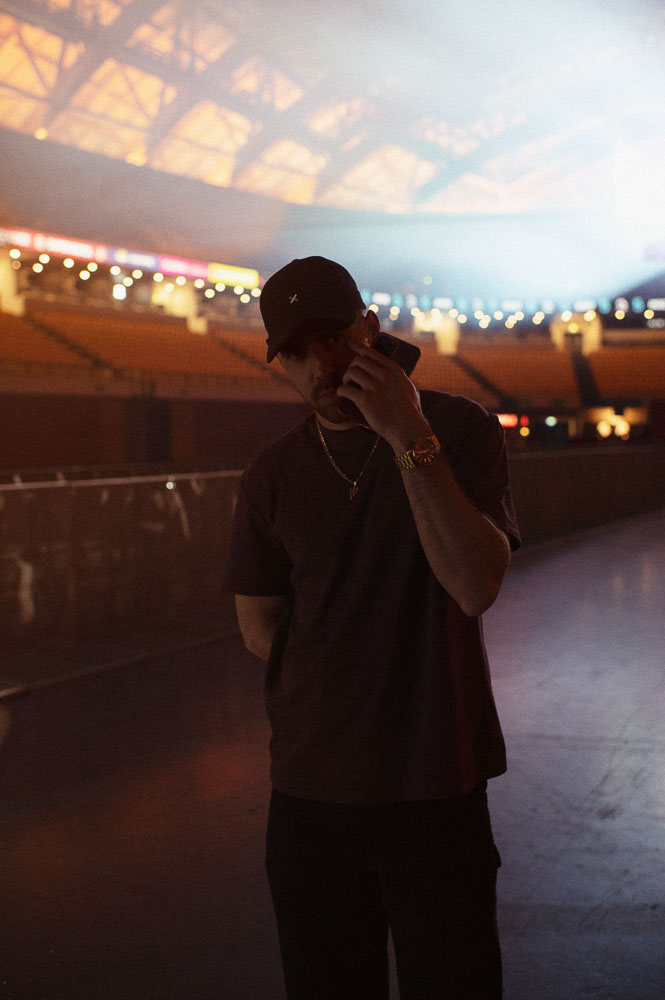
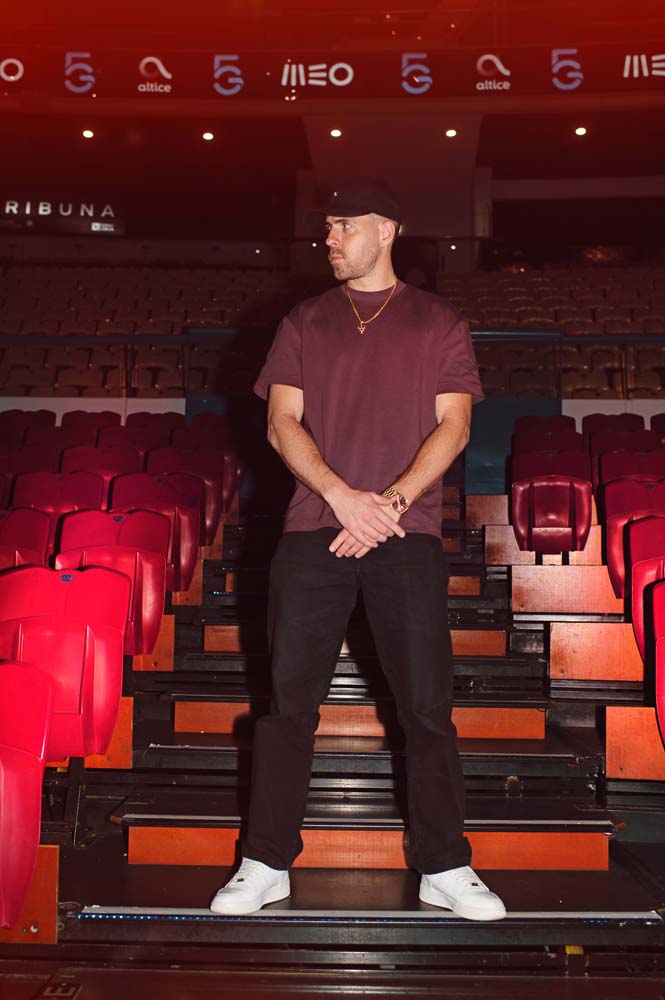
How do you plan to bridge between the audience you have in Portugal, with the British market?
I never did anything expecting the Portuguese market to like it. My strategy has always been towards English-speaking countries. The difference is I’m now doing the other part of the work, like the promo, so I think that’s gonna help me get to where I wanna go. I always felt like my music would make more sense in countries other than Portugal.
We have a big following in the Portuguese speaking countries in Africa, and the way they understand my music is completely different. I want my music to go to people who understand it.
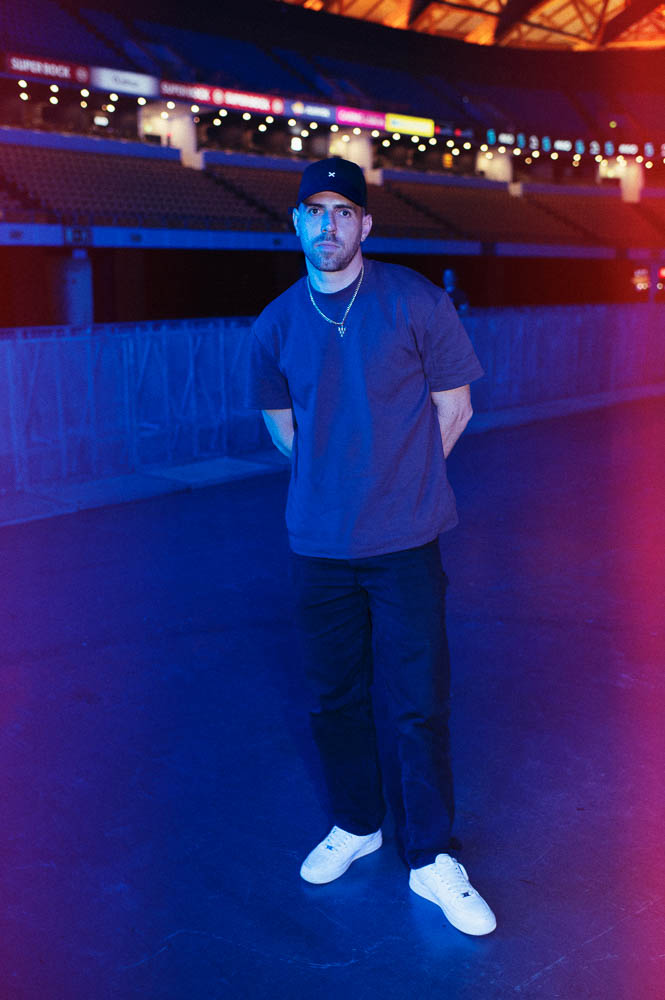
You’re obviously here in the UK at the moment – do you have more plans to spend time here?
I’m planning to come back soon for sessions and to meet some artists. I’m planning to do a show here after summer, as well as some promo. I’m going to split my time between Jamaica and the UK. Jamaica because my goal is to keep pushing my music there.
What is your FAULT?
Fear-induced laziness. I feel like sometimes when you’re insecure about your work and what you’re putting out, it’s easy to procrastinate because you don’t want to face it head on. But I feel like I’ve identified it and that’s the first step to overcoming that. So I’m working on it.